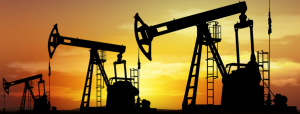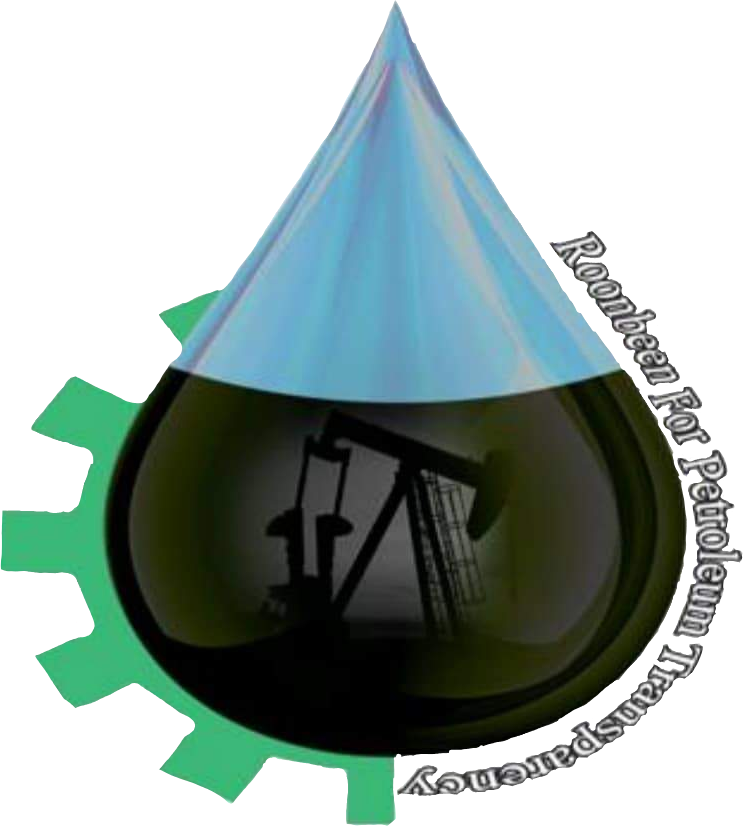About Us
Brief History
Kurdistan Region of Iraq (KRI) is a quasi-state which refers to an area located in the southern part of the great Kurdistan, and officially in the north of Iraq. It is recognized by the Iraq’s Permanent Constitution of 2005 as the only autonomous region in the country. With the parliamentary democracy system and own regional parliament, the government of the region is officially called Kurdistan Regional Government (KRG) since 1992
Throughout the second millennium, Kurdistan region was considered as the most strategic area in the region as it is located in the heart of 3 empires: Persian Empire in the east, Ottoman Empire in the north and Arab Empires in the south and the west. It has a very fertile land for agricultural use, and own plenty of surface and groundwater
Apart from that, KRI is particularly well known for owning a substantial amount of natural resources mainly oil and natural gas. According to various reports, KRI has 4 billion barrels of proven oil reserves, while it is forecasted that KRI’s oil estimate could reach around 45 billion barrels of unproven oil resource, and could hold as much as 200 trillion cubic feet (5.67 trillion cubic metres) of natural gas reserves, which is %3 world’s total gas reserves. Extraction of these reserves began in 2007
According to the Iraq’s Permanent Constitution of 2005, the KRG can explore, exploit, develop and produce its oil and gas reserves in coordination with the federal government in Baghdad. However, lack of any federal oil and gas law to introduce straightforward mechanisms on how coordination should be implemented brought political and economic incongruities between the two sides. This situation created a fluctuating relationship beginning from severe political tension down to accusations, and then to peaceful dialogue since 2007
It is worth mentioning that KRG is striving to have an independent, but multiple economic sources, yet KRG’s economy is still dominated by the oil and industry. That stimulates International Oil Corporations (IOC) to potentially work with KRG for further developments in the sector
Despite that, the last three KRG cabinets were constantly accused of not properly utilizing its oil revenues for public services, and there are serious allegations of corruptions related to the KRG’s oil and gas sector. All these accusations are tweeted in public domains and shadow media without being thoroughly examined by an independent organization, and then to publish it to the public. This situation created a wide gap between the government and public trust
Now, with the aim of closing this gap, a group of Kurdish academics and experts (whose knowledge and expertise are focusing on various aspects of oil and gas industry like engineering, geology, finance, administration, law, media, and journalism) have gathered and founded Roonbeen for Oil and Gas Transparency as an independent organisation
What is Roonbeen?
Roonbeen is a non-governmental and non-profit organization, which is located in the city of Sulaimani, KRI, Iraq. It focuses on research, evaluation, and pursuit to promote transparency in petroleum and gas process in the KRG region

Why Roonbeen?
Roonbeen is a Kurdish term meaning “transparency”. Nowadays, only transparency can play in fighting corruption and averting various economic and social crises and political ills. Thus, we Roonbeen people strongly believe that the more transparent a country is, the better suited it is to fighting corruption. Transparency has many dimensions and can be best described as involving ready access to reliable, comprehensive, timely, understandable, and internationally comparable information
What does Roonbeen do?
Roonbeen takes significant and reliable multifaceted roles for KRG, IOCs and the Public, and mainly consultancy. Besides consultancy, the other most important roles are as follows
Firstly, assessing KRG’s Oil and Gas contracts, and to examine to what extent the parties are in compliance with them
Secondly, obtaining and evaluating information and data on oil revenues in order to publish them transparently
Thirdly, Roonbeen implements rigorous observation and study on all KRG’s oil and gas processes, followed by recommending solutions and results to those involved either KRG or oil companies with the aim of benefiting them, while publishing such recommendations for the purpose of public opinion
Fourthly, Roonbeen provides a multi-aspect evaluation for oil and gas infrastructure, and
Fifthly, Roonbeen conducts researchers on the impacts of oil and gas activities on the environment, and what necessary measures are needed to be taken to limit these impacts
Finally, Roonbeen works on creating Communication Bridge with similar national and international organizations to strengthen our works in the field


